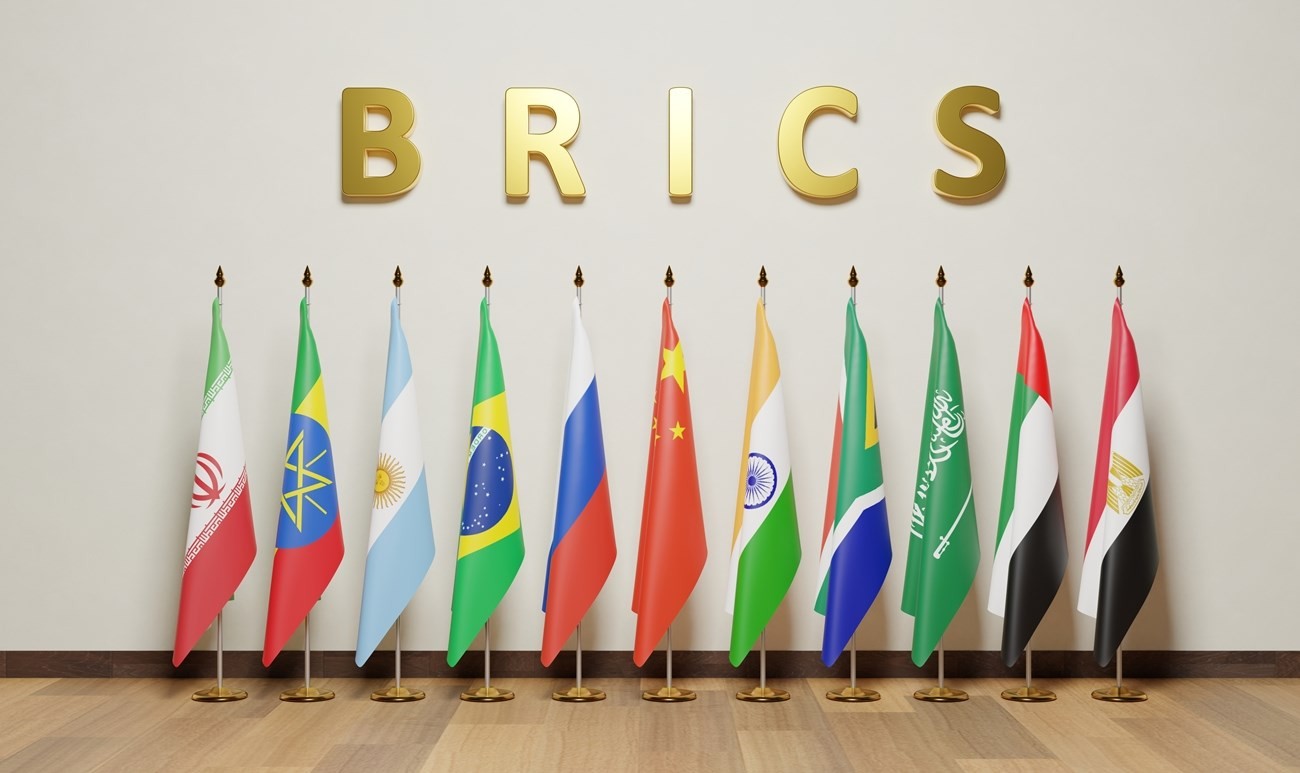Geopolitical Shifts and the Growing Influence of BRICS
Established in 2009, BRICS aims to foster economic, political, and cultural cooperation among its members, leveraging the collective strengths of their diverse economies and large populations.
In recent years, BRICS—a coalition of five emerging economies: Brazil, Russia, India, China, and South Africa—has gained increasing geopolitical significance, challenging traditional Western-led alliances.
Established in 2009, BRICS aims to foster economic, political, and cultural cooperation among its members, leveraging the collective strengths of their diverse economies and large populations. As more countries express interest in joining, BRICS is positioned to become an even more powerful force, shaping the global landscape in unprecedented ways.
The Appeal of BRICS Membership
For countries considering BRICS membership, the appeal is clear: a shift away from reliance on Western financial systems and a move toward greater economic self-sufficiency. BRICS countries represent over 40% of the world’s population and a combined GDP of around $28 trillion. This coalition provides emerging economies with alternative financial options, such as the New Development Bank (NDB), which funds infrastructure projects in developing countries. Joining BRICS allows new members to access these resources, diversifying their trade partnerships and fostering economic resilience.
Global Influence and Political Autonomy
BRICS also offers a platform for countries seeking political autonomy, allowing members to avoid over-reliance on Western institutions like the International Monetary Fund (IMF) and the World Bank. By promoting policies that reflect the interests of emerging economies, BRICS fosters a multipolar world order where countries can navigate international relations with greater flexibility. In an era of heightened geopolitical tension, this approach is appealing to nations aiming to balance their alliances.
Challenges Ahead for BRICS Expansion
Despite its appeal, BRICS faces challenges in expanding its membership. Integrating new countries with varying political systems, economic priorities, and cultural backgrounds could strain the coalition’s cohesion. Additionally, while BRICS offers an alternative to Western alliances, its members still have complex relationships with Western economies, which could complicate collective decision-making.
The Future of BRICS and Global Power Dynamics
As BRICS explores potential expansion, the global power balance is likely to shift, creating a more multipolar world. For countries considering entry, membership in BRICS provides an opportunity to participate in shaping the future of global governance, financial systems, and trade networks. As these geopolitical shifts unfold, BRICS is set to play a pivotal role in the ongoing evolution of international relations, offering a vision of cooperation rooted in the perspectives of emerging economies.
